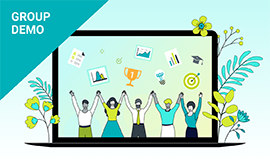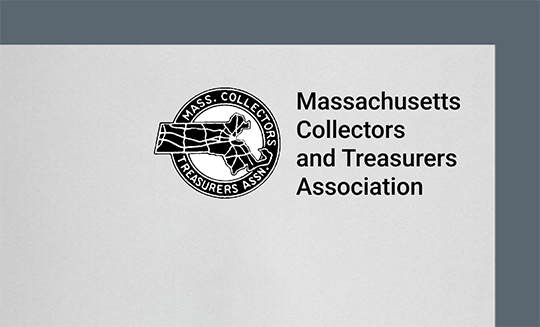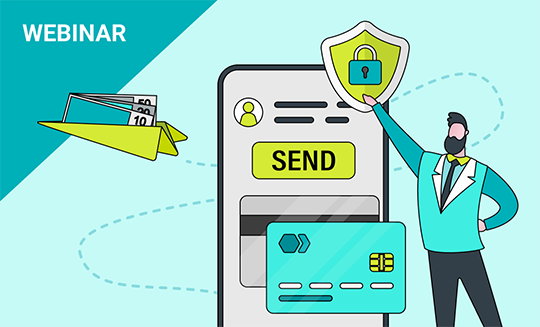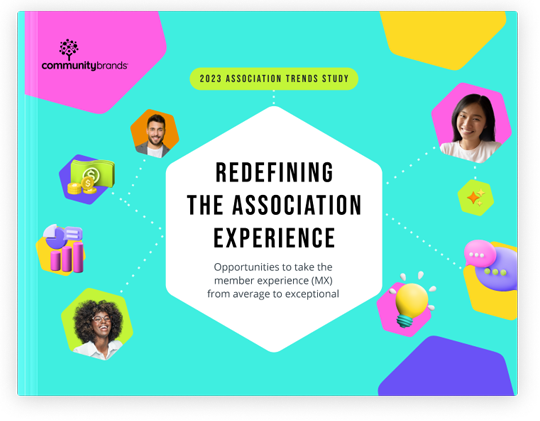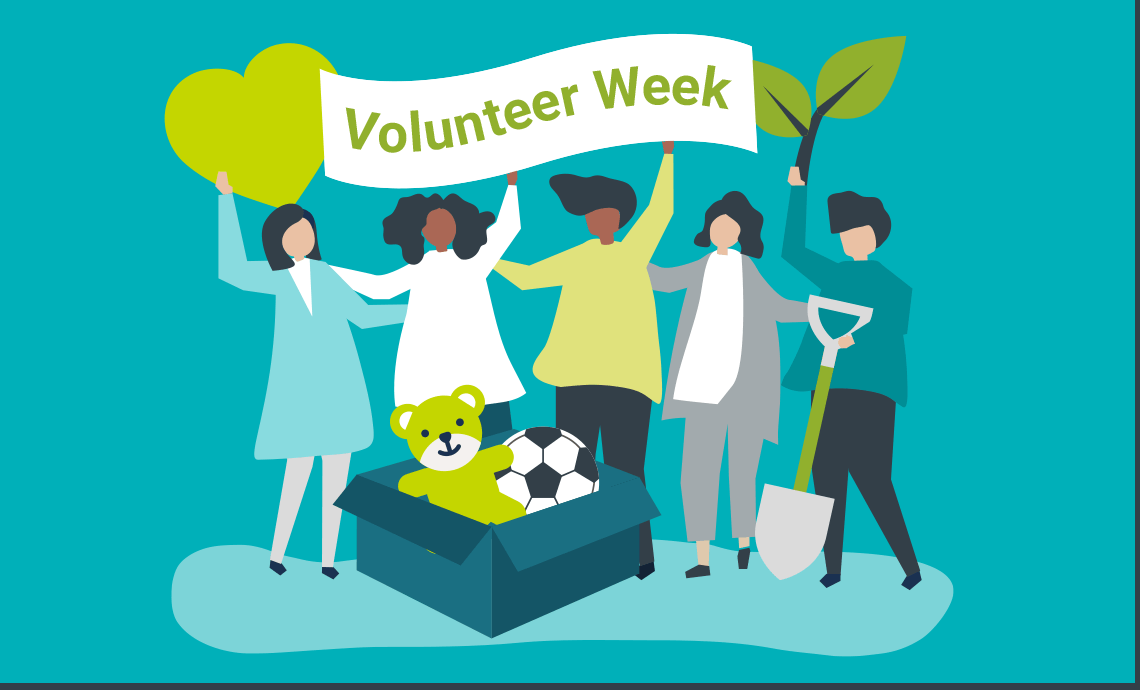Each day I read the news, and I prepare my mind with a “who’s-going-to-resign-today game,” while scanning the headlines. It’s a bit surreal at times, and troubling, to see future generations surrounded by these hurtful stories and the path of victims.
And, I think—in this era of eroding trust—associations can, and must, step up.
The institutions around us—from government and private industry to athletics and Hollywood—are being questioned due to abuse of trust. That Bat Signal is up, visible to us all. And, that’s our signal to act. Heroes are those who respond during these times with clarity, balance, efficacy and the proper direction.
Your association has it; trust is surely in the grasps of most professional education organizations and education brands that we work with during our daily operations. However, rarely do we see it leveraged in education business strategy.
So, consider this self-evaluation, and how you’re doing, amid all this societal chaos.
What programs are you providing to offer clear harassment awareness and education in your field?
- Don’t dismiss things like you’ve recently seen ignored by other organizations in the news. Look at the domains from U.S. gymnastics to major political parties, journalism, movie stars and production houses. All seem to tie back to systematic failures, not just one person.
What ethics programs are you offering for your profession?
- Offer content that’s topical and current about issues facing your profession—from transparency and accountability to rules of conduct within professional guidelines. These are quick-action ideas, and they’re not meant to take months of work to compose. The audience will forgive any “roughness” of the content if it’s relevant and valued in their workplace. This doesn’t need master production; you can add substance to existing third-party content in ethics and harassment training. A quick audio or video recording of a trusted peer outlining guidelines and suggestions could suffice.
And that’s the challenge.
Many times, the issue we see with professional educational is not the effort, but the courage to change, and to fight the inertia of status quo. We can talk about lofty goals, yet we don’t take on key, in-the-moment problems. This is a time where we can, and must do so, with clear results of adoption.
Let’s not measure our impact by membership counts and revenue alone, but the industry and societal impact promised in our missions.
